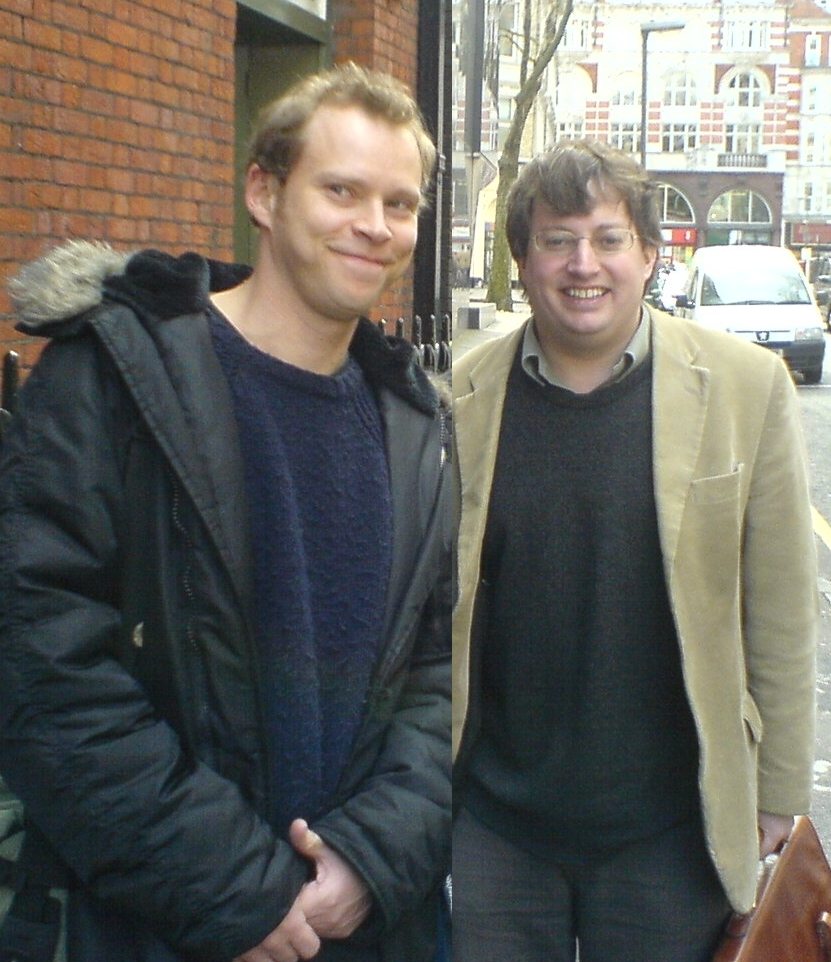Does popularity lead to unreliability in scientific research?
One of the major themes here on the Science-Based Medicine (SBM) blog has been about one major shortcoming of the more commonly used evidence-based medicine paradigm (EBM) that has been in ascendance as the preferred method of evaluating clinical evidence. Specifically, as Kim Atwood (1, 2, 3, 4, 5, 6, 7, 8) has pointed out before, EBM values clinical studies above all...
Medical training versus scientific training
This month I will begin my third year of medical school, after a three-year break for laboratory research. Living alternately in the worlds of med school and grad school has prompted me to reflect on differences between these training programs. [Obvious disclaimer: I have studied at a single institution, and only for five years.] I am enrolled in a dual-degree MD/PhD program. About 120 US medical schools...

Homeopathic A & E
Mitchell and Webb take a shot at homoepaths. It’s hilarious.
The Evil League of Evil is Nothing in Comparison
Transcribed minutes of a meeting, provenance unknown. Chairman: “I would like to call this emergency meeting to order and thank you all for coming under short notice. If there are no objections, I will dispense with the usual formalities and get right to the business at hand.” Murmur of approval. Chairman: Ladies, Gentleman and Demons of all kinds, we have been, to...

Could Francis Collins’ Faith Create Conflicts For His Potential Directorship of NIH?
Francis Collins, M.D., Ph.D., is probably best known for his leadership of the Human Genome Project, though his discoveries of the Cystic Fibrosis, Huntington’s, and Neurofibromatosis genes are also extraordinary accomplishments. Dr. Collins is a world-renowned scientist and geneticist, and also a committed Christian. In his recent best-selling book, The Language Of God, Dr. Collins attempts to harmonize his commitment to both...
Human Subjects as Political Pawns
When it comes to “alternative medicine” trials, it seems that the NIH is willing to experiment on people in ways that would be unthinkable for real biomedical research. The federal Office for Human Research Protections (OHRP) has posted a preliminary determination letter, dated May 27, 2009, addressing some of the charges we had made against the politics-driven NIH Trial to Assess Chelation...
Chiropractic – A Brief Overview, Part II
Last week I reviewed the history of chiropractic and discussed issues relating to its underlying claims and treatments for non-musculoskeletal indications. Today I will focus on chiropractic for back pain and similar indications. Manipulative therapy There is evidence to support the very narrow indication of spinal manipulation for the symptomatic management of acute uncomplicated lower back strain. The good news for chiropractors...
I get mail–chiroquacktic edition
A long while back, at the original wordpress incarnation of my usual blog, I wrote a piece on the reasons that chiropractic is unscientific nonsense. Because it was popular, I resurrected it. Well, a chiropractor has come to bravely defend his field and left me a comment. A study in the May 2007 issue of the Journal of Manipulative and Physiological Therapeutics...

Screening Tests – Cumulative Incidence of False Positives
It’s easy to think of medical tests as black and white. If the test is positive, you have the disease; if it’s negative, you don’t. Even good clinicians sometimes fall into that trap. Based on the pre-test probability of the disease, a positive test result only increases the probability by a variable amount. An example: if the probability that a patient has...
Cancer research: Going for the bunt versus swinging for the fences
A couple of weeks ago, our resident skeptical medical student Tim Kreider wrote an excellent article about an op-ed in NEWSWEEK by science correspondent Sharon Begley, in which he pointed out many misconceptions she had regarding basic science versus translational research, journal impact factors, and how journals actually determine what they will publish. Basically, her thesis rested on little more than a...





